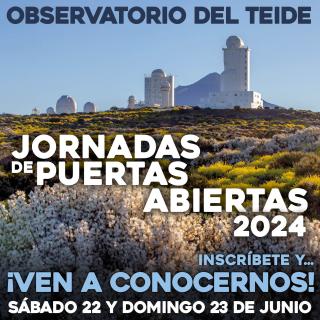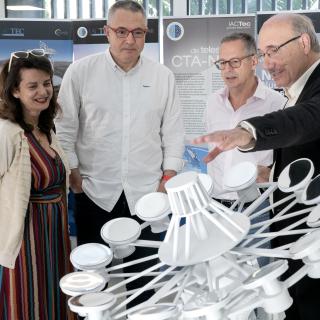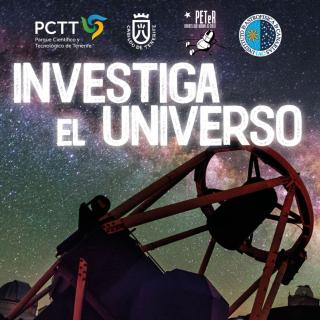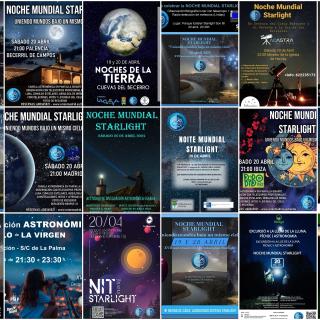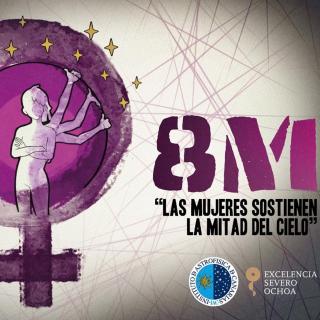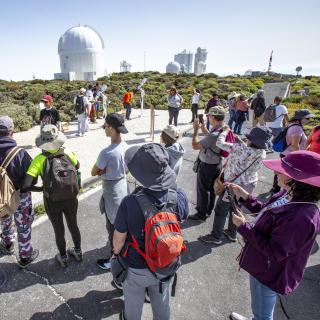
Cientos de personas se han acercado este fin de semana al Observatorio del Teide para participar en las tradicionales jornadas de puertas abiertas que organiza el Instituto de Astrofísica de Canarias coincidiendo con la semana del solsticio de verano. Esta actividad, organizada de forma conjunta por el Observatorio del Teide y por la Unidad de Comunicación y Cultura Científica (UC3) del IAC, forma parte de las tareas de divulgación que realiza el Instituto para que la ciudadanía pueda conocer de primera mano uno de los mejores observatorios del mundo, sus infraestructuras, el trabajo de su
Advertised on
